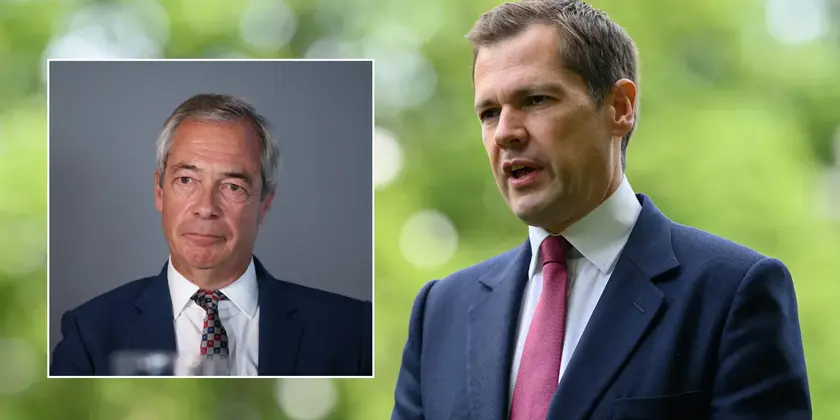T4K3.news
Protesters disrupt Alice Weidel's live interview
A live interview with AfD leader Alice Weidel faced significant disruption from demonstrators in Berlin.
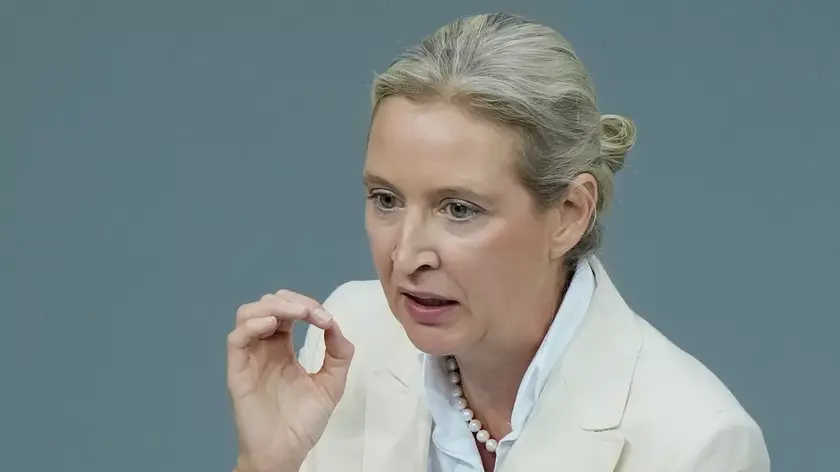
Demonstrators drowned out Alice Weidel's live interview during a public broadcast.
Protest Disrupts Interview with AfD Leader Alice Weidel
During a live television interview on Sunday, Alice Weidel, co-leader of the far-right Alternative for Germany (AfD) party, faced significant disruption from protesters. Positioned across the River Spree in Berlin, the demonstrators sang, blew whistles, and shouted slogans against the AfD, complicating the interview process. Weidel struggled to hear the host and at one point removed her earplug, expressing frustration over the noise. The protest, organized by the activist group Centre for Political Beauty, featured a bus equipped with powerful loudspeakers. No arrests were made during the event, and Weidel later attributed the protest to an NGO. Following the incident, ARD, the public broadcaster, expressed intent to improve measures for future interviews to ensure they remain undisturbed. Notably, Carsten Linnemann from the CDU criticized the protest as counterproductive, suggesting that it could inadvertently strengthen the AfD by drawing more attention to them.
Key Takeaways
"I've got an echo in my ear, now I can't hear anything."
Weidel's frustration highlights the challenges of conducting interviews in protest conditions.
"An undisturbed course of the interviews is in our interest and above all in the interest of the audience."
ARD's response underscores their commitment to providing a controlled environment for political discussions amid disruptions.
The disruption of Alice Weidel's interview highlights the escalating tensions between political factions in Germany. As the AfD continues to rise in popularity, securing second place in polls, opposition groups are increasingly resorting to protests as a means of opposition. Critics like Carsten Linnemann argue that such protests may inadvertently bolster the AfD's visibility and support. This incident raises questions about the effectiveness of public protests in influencing political discourse and suggests a growing divide in Germany's political landscape, where traditional engagement strategies may need reevaluation.
Highlights
- Protests can give a voice to the opposition, but they can also boost the very group they aim to silence.
- Disrupting an interview can backfire, leading to unintended consequences for political protests.
- The line between activism and publicity can be dangerously thin in today's political arena.
- In a fierce political landscape, every action can shift public perception dramatically.
Protests raise political sensitivity
The protest during the interview highlights rising tensions between the AfD and opposition groups, which may lead to increased political polarization.
This incident reflects broader political tensions and the strategies used to counteract rising far-right sentiments in Germany.
Enjoyed this? Let your friends know!
Related News
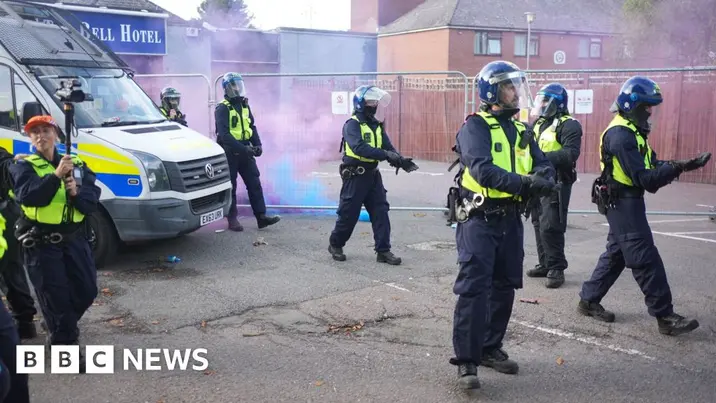
Protests escalate outside Epping asylum hotel
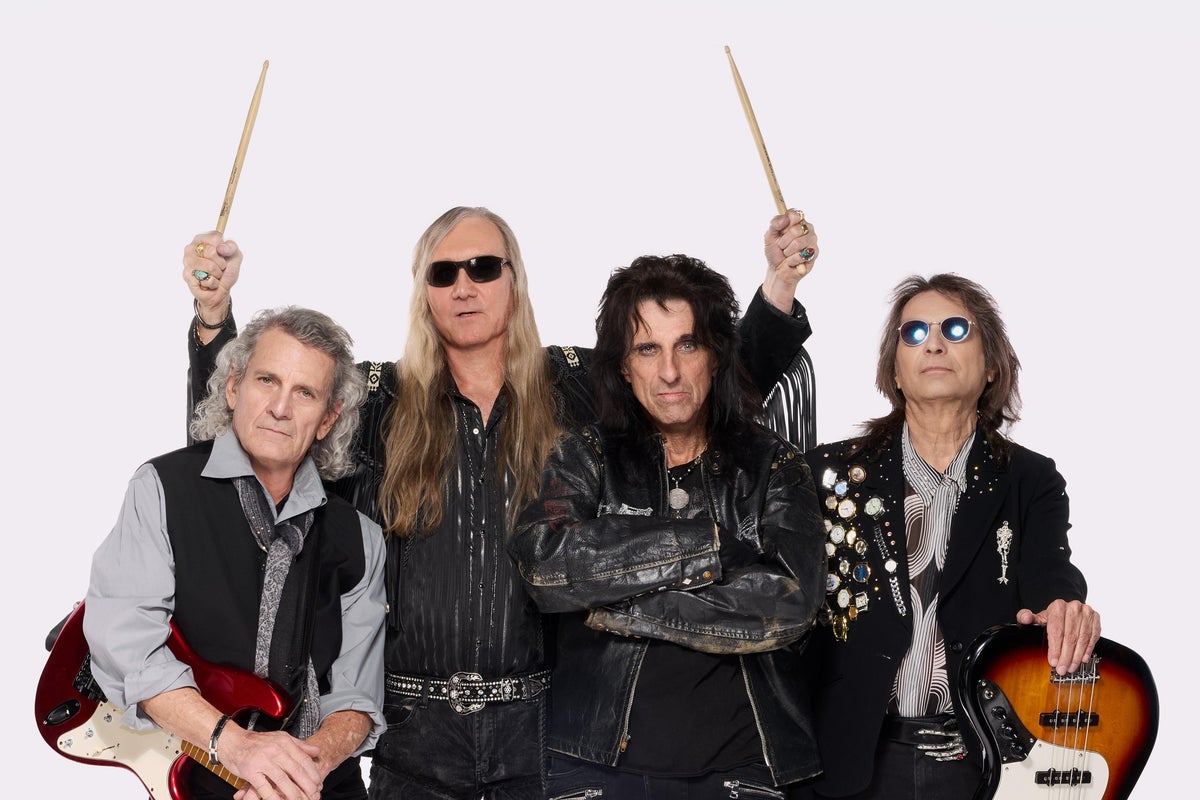
Alice Cooper reunites for new album

Kardashian slams ICE raids on Instagram

Stepmother regrets taking child to riot after Southport attack
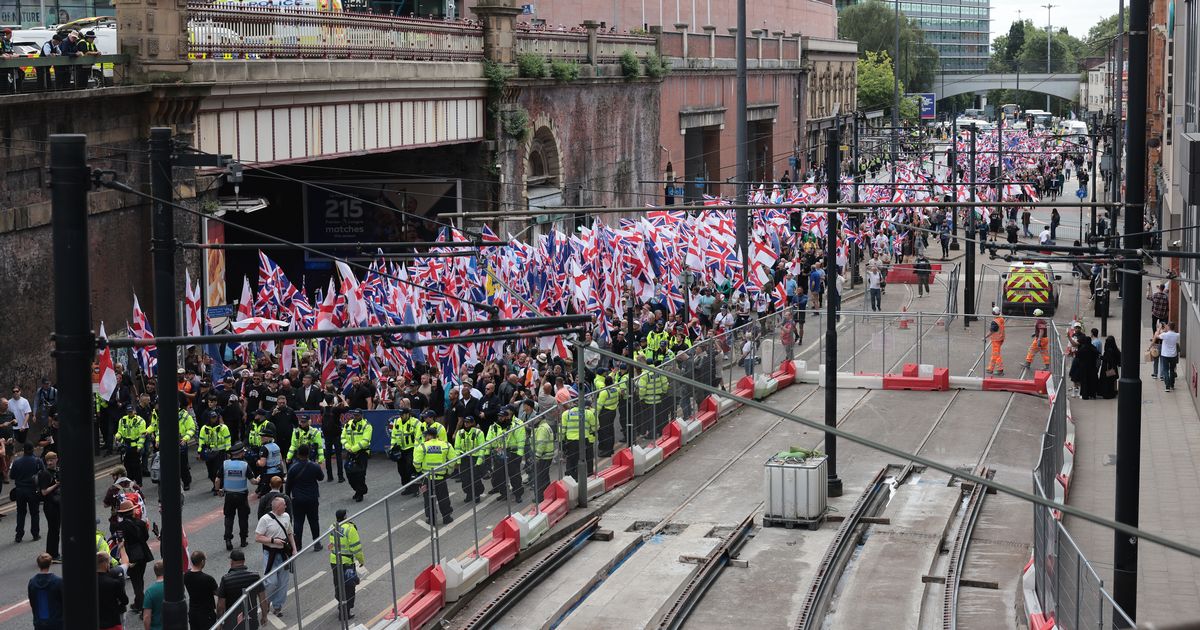
Protests and counter-demonstrations in Manchester

Radiohead releases Hail to the Thief live
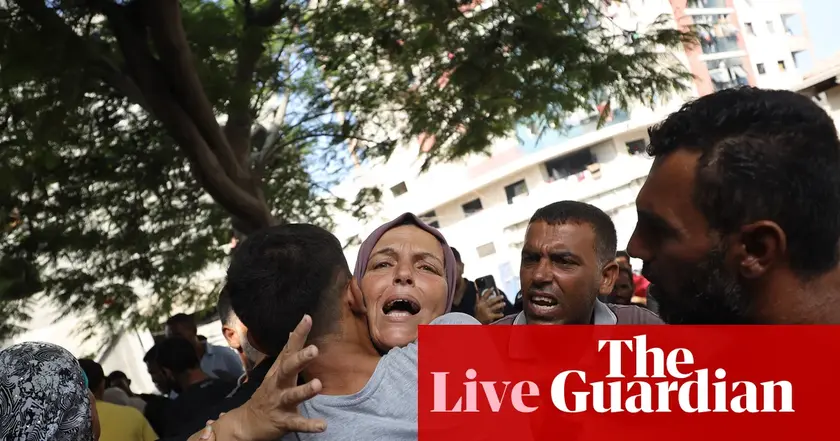
UN warns Gaza hunger as death toll rises
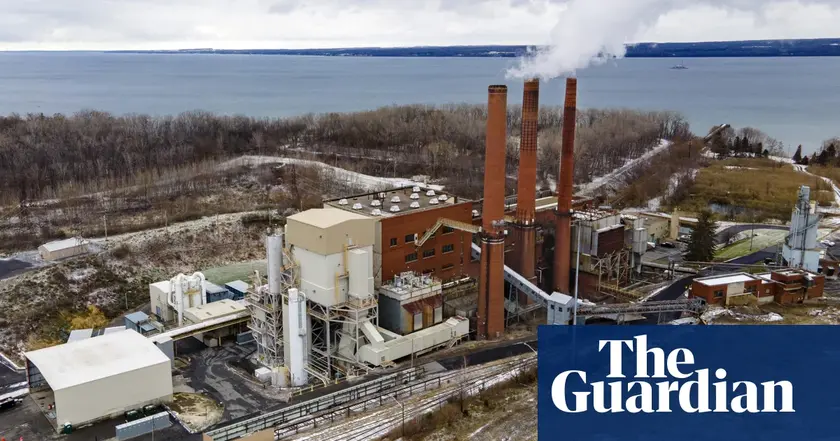
Trump advocates for cryptocurrency mining amid noise complaints
